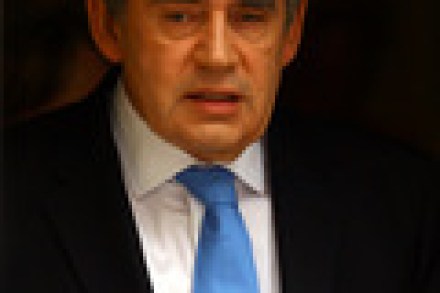Either debt goes up, or goes down. It really is that simple.
Last night, I appeared on an hour-long phone in on Five Live listening in amazement as Angela Smith and Barry Gardiner defended Brown. You’d be amazed the lines the Labour MPs are being sent out with: that the shallow media is personality-based, but real people know that Brown did a great job on the economy. Seriously. That Brown’s fiscal decisions have somehow saved us all – rather than bankrupted us all. They are suggesting that the idea of 9% Labour cuts was a Treasury speculation, when it is a hard plan contained in the Budget. They are claiming that Brown is hailed around the world as a genius – and pointing as
















